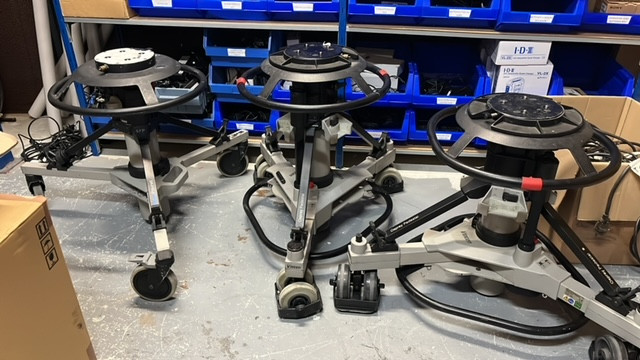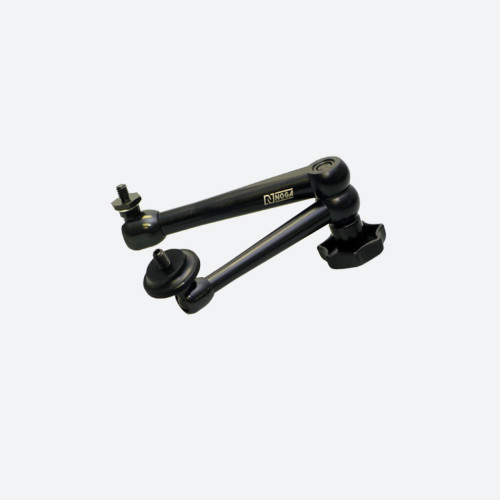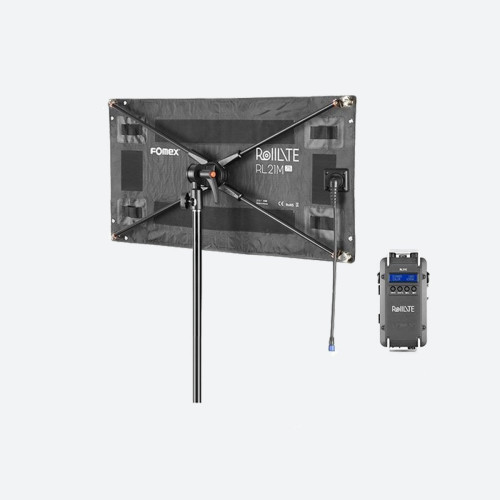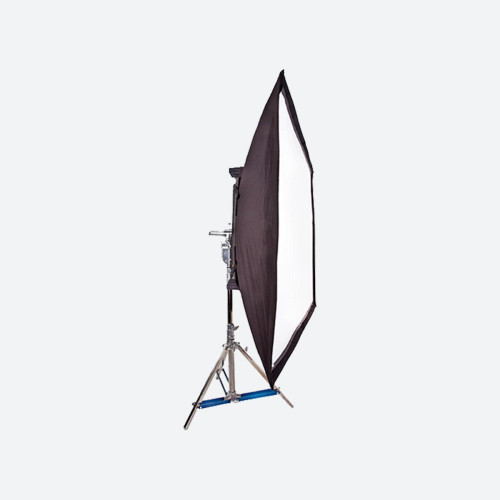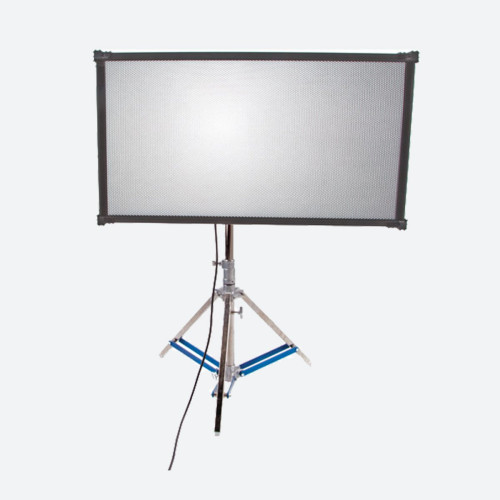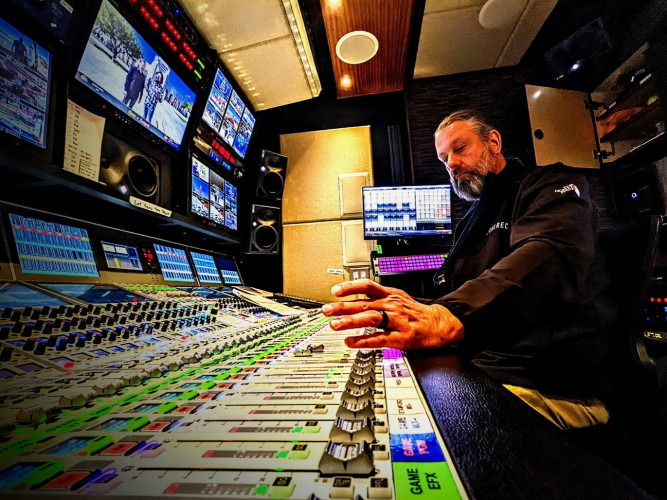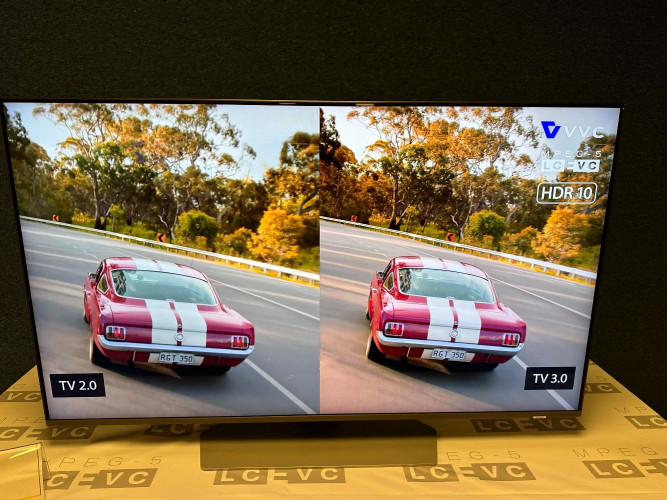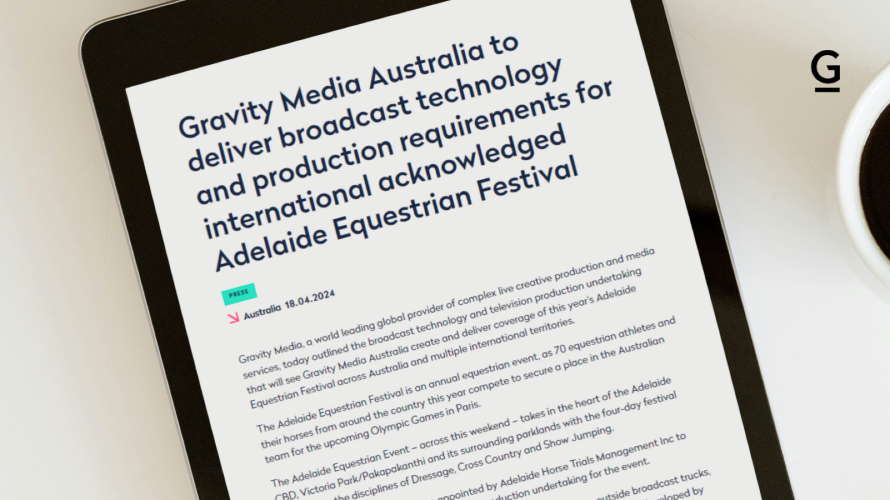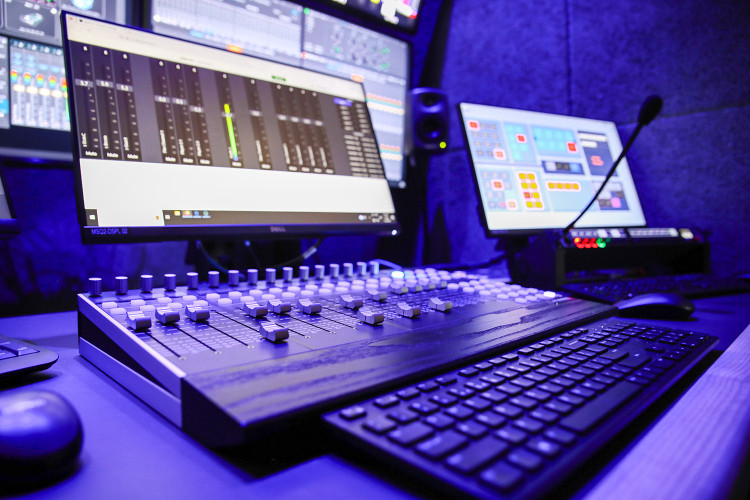by Dick Hobbs Issue 99 - March 2015
It was World Radio Day last month. Friday the thirteenth, to be precise, but I do not think the date was chosen with disaster in mind.
In fact the date was set to celebrate the anniversary of the launch of United Nations Radio, on 13 February 1946. Unesco created World Radio Day much more recently: the first was in 2012.
Its website says the goal is in "raising greater awareness among the public and the media of the importance of radio; encouraging decision-makers to establish and provide access to information through radio; as well as enhancing networking and international co-operation among broadcasters".
Raising awareness of the importance of radio? Really?
I love radio. Radio is the best medium by far for drama, and proper radio sitcoms - like the wonderful and now lamented Cabin Pressure - can be engaging and absorbing as well as funny. And have you ever listened to TED Talks? Masterful.
Shock statement warning: radio is better for news than television. Journalists working for television inevitably tailor their story around what they have pictures for, whereas in radio you can talk about what really matters. No-one ever talks about a boring piece to microphone.
So why do we need a Unesco day to raise awareness of it? Because it is under threat, from all the stuff that is around online.
A recent study in the UK by Ofcom found that one in three children have their own tablet. That compares to one in seven who have a radio in their bedroom. When I was a lad I loved listening to radio under the bedclothes. Even now I sometimes listen to the everlasting repeats of I\'m Sorry I\'ll Read That Again on Radio 4 Extra. Today\'s children are more likely to be prodding their iPads than listening to real radio.
Let us put the statistics in a different way. According to no less a source than the CIA World Factbook, there are around 2.4 billion radios in the world, meaning that even in developing countries 75% of households have access to a radio.
But research body eMarketer predicts that by next year there will be more than 2 billion smartphones in use. Throw in tablets and the number is probably already challenging the number of radio receivers.
Apple famously had a monster quarter at the end of last year, with a revenue of $74.6 billion. According to the IMF, that puts it somewhere between the GDPs of Romania and Bangladesh.
In that quarter Apple sold 74.5 million iPhones which, if you do the arithmetic, works out at almost 10 a second. And it is probably worth reminding ourselves that iOS devices still have less than 50% market share.
Given a fixed level of disposable income, where do you think consumers will go: radios or tablets? Yes, I know it is depressing, but the answer is all too clear.
Ben Cooper is controller of BBC Radio 1. He recently said "If we want to remain relevant to young audiences, we need to have a presence on theirs screens. We need to continue to evolve our offering and ensure we give our young audience a reason to forsake Minecraft and GTA, and spend their precious screen time with us instead."
His solution is to add videos to the radio offering. First he did it through YouTube - Radio 1 has more than 1.6 million subscribers - and now through its own section on iPlayer.
Which is fine, but radio with pictures is sort of television, and we want to celebrate radio. As Unesco pointed out, it is "a powerful communication tool and a low cost medium. Radio is specifically suited to reach remote communities and vulnerable people: the illiterate, the disabled, women, youth and the poor, while offering a platform to intervene in the public debate, irrespective of people\'s educational level."
Yes, you can insert your own jokes about the level of debate on the average phone-in. That, I think, counts as a first world problem. Unesco takes the issue rather more seriously, pointing out that radio also has a strong and specific role in emergency communication and disaster relief.
So we probably have to find a middle ground in all of this. Radio - that simple broadcast system to low-cost, low-power devices - is still going to be around, because it is still the best way to reach a mass audience. Ever tried listening to a digital station via your phone in a moving car? It is not a good experience.
Yes, in the more affluent parts of the world online delivery may threaten conventional broadcast, at least until huge amounts of bandwidth are added to our internet connectivity. So radio has to be distinctly competitive with the other things that are available online, not try to be like them.
Which it can be.
Radio is great.
And the pictures are so much better.




